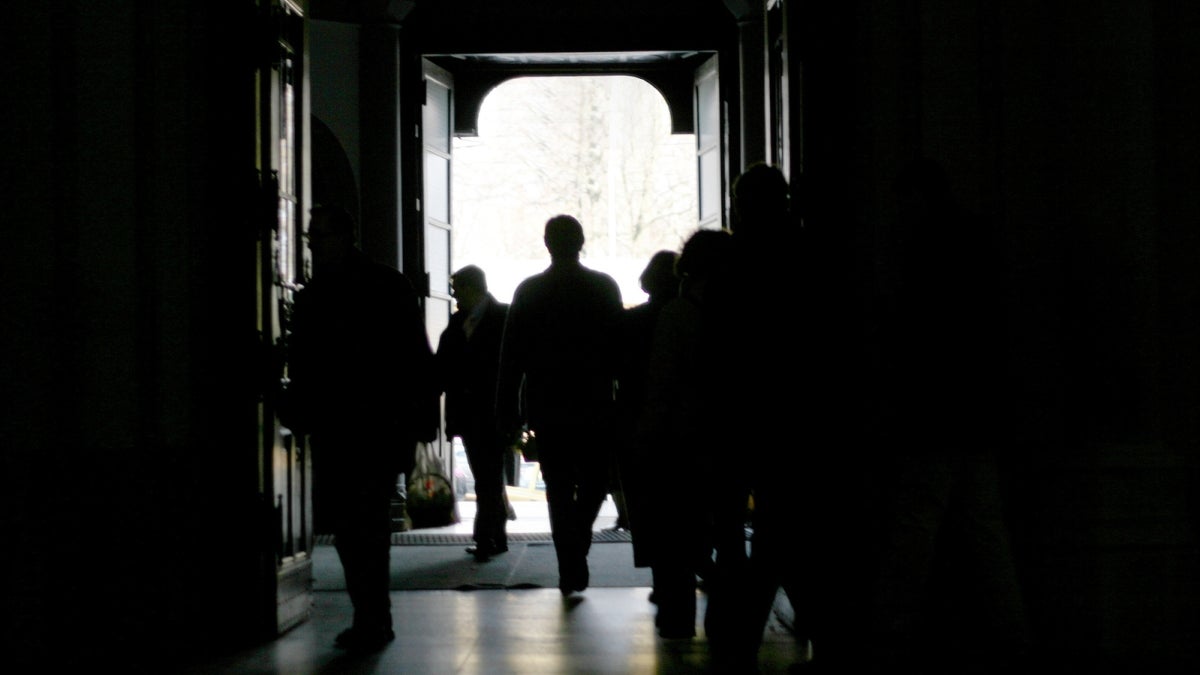Recent race-related events — in Ferguson, Missouri; St. Louis; Baltimore; Chicago; Charleston, South Carolina; and New York City — all point to the continuing need to study and understand race relations in modern America. These events show how race and stereotypes are intertwined and can lead to explosive situations and protests.
Now, three Arizona State University researchers have approached this problem by asking, why do white Americans’ stereotypes of black Americans take the particular forms they do? The answer, surprisingly, may have little to do with race, per se. Instead, many predominant race stereotypes reflect beliefs about how people from different environments, or “ecologies,” are likely to think and behave.
In “Ecology-driven stereotypes override race stereotypes,” published in the early online edition of Proceedings of the National Academy of Sciences, ASU doctoral students Keelah Williams and Oliver Sng, together with Steven Neuberg, an ASU Foundation Professor of psychology in the College of Liberal Arts and Sciences, conducted a series of five studies examining the stereotypes people hold about individuals who live in resource-poor and unpredictable (“desperate”) environments as compared with those who live in resource-sufficient and predictable (“hopeful”) environments.
Research shows that desperate and hopeful environments tend to shape the behavior of those living within them by altering the costs and benefits of different behavioral strategies. Desperate ecologies tend to reward “faster,” present-focused behaviors whereas hopeful ecologies tend to reward “slower,” future-oriented behaviors.
Because ecology shapes behavior, the authors argue, social perceivers are likely to use cues to another’s ecology, or environment they come from, to make predictions about how that person is likely to think and behave. Indeed, research participants stereotyped those from desperate environments as relatively faster — as more impulsive, sexually promiscuous, likely to engage in opportunistic behavior and as less invested in their education and children, than individuals from hopeful ecologies.
But why are these ecology-driven stereotypes relevant for understanding the content of race stereotypes?
“In America, race and ecology are somewhat confounded — whites are more likely to live in relatively hopeful ecologies, and blacks are more likely to live in relatively desperate ecologies,” said Williams. “We wanted to examine whether Americans were actually using race as a cue to ecology, and if so, whether providing ecology information independently from race information would lead people to decrease their use of race stereotypes.”
To assess the relationship between ecology and race stereotypes, the researchers first examined participants’ stereotypes of individuals from desperate and hopeful ecologies (with no race information provided) and compared these responses to participants’ stereotypes of blacks and whites (with no ecology information provided). The patterns were identical — stereotypes of blacks mirrored stereotypes of individuals from desperate environments, and stereotypes of whites mirrored stereotypes of individuals from hopeful environments.
“However, when provided with information about both the race and ecology of others, individuals’ inferences about others reflect their ecology rather than their race,” Williams said. Black and white targets from desperate ecologies were stereotyped similarly, and black and white targets from hopeful ecologies were stereotyped similarly.
“In thinking about black and white individuals from hopeful and desperate ecologies, information about the individuals’ home ecology trumped information about their race,” Williams said.
The researchers stress that these findings shouldn’t be taken to imply that race is unimportant, or that stereotypes about people from desperate ecologies are the only source of racial prejudices. Moreover, the researchers note several important caveats for interpreting their findings.
First, said Neuberg, “although in present-day America blacks are more likely than whites to be from desperate ecologies, and whites are more likely than blacks to be from hopeful ecologies, this association between race and ecology is far from perfect, meaning that race is an imperfect cue to ecology. Second, even stereotypes that do possess meaningful kernels of truth are rarely perfect representations of any particular individual. Third, because people are biased to exaggerate perceived threats, stereotypes of those from desperate ecologies are likely to be more extreme than is warranted by the actual behaviors of people living within those ecologies.”
Findings of this study have potentially important implications for understanding the content of race stereotypes in America.
“Race stereotypes have far-reaching consequences,” said Williams. “Stereotypes about groups can lead to negative prejudices and discrimination directed towards members of those groups. If we can understand why American race stereotypes take the particular forms they do, we may be able to find new ways of reducing racial prejudices and discrimination.”
The research was funded by the U.S. National Science Foundation and the Arizona State University Foundation for a New American University.
More Science and technology

ASU postdoctoral researcher leads initiative to support graduate student mental health
Olivia Davis had firsthand experience with anxiety and OCD before she entered grad school. Then, during the pandemic and as a result of the growing pressures of the graduate school environment, she…

ASU graduate student researching interplay between family dynamics, ADHD
The symptoms of attention deficit hyperactivity disorder (ADHD) — which include daydreaming, making careless mistakes or taking risks, having a hard time resisting temptation, difficulty getting…

Will this antibiotic work? ASU scientists develop rapid bacterial tests
Bacteria multiply at an astonishing rate, sometimes doubling in number in under four minutes. Imagine a doctor faced with a patient showing severe signs of infection. As they sift through test…
